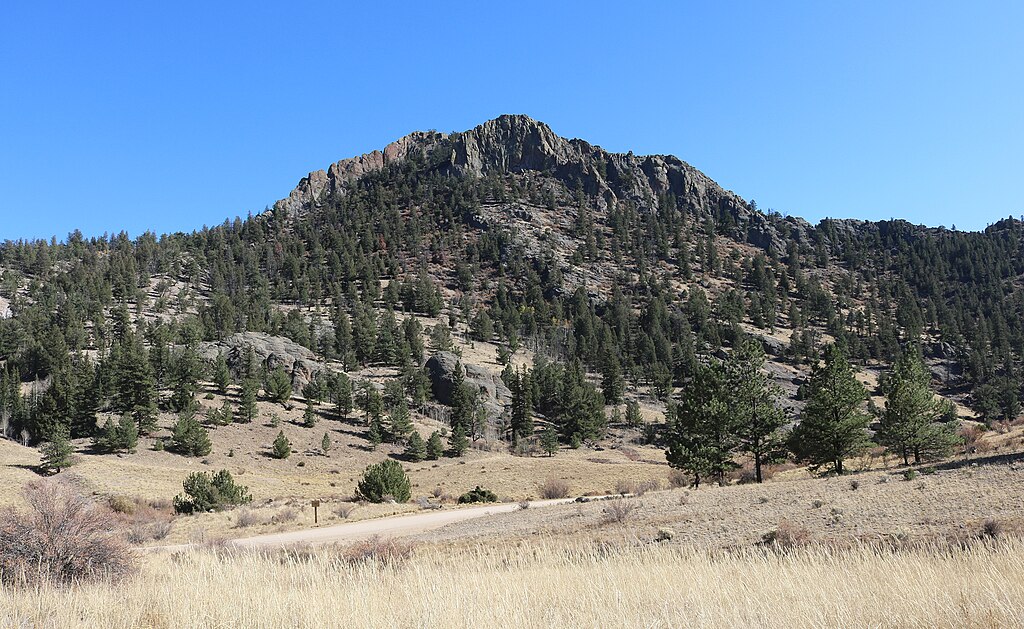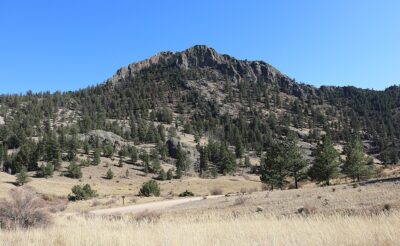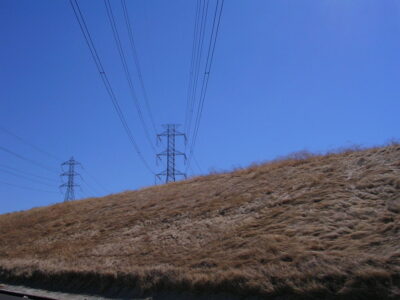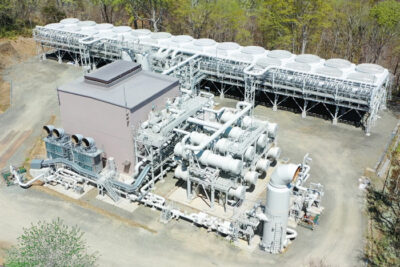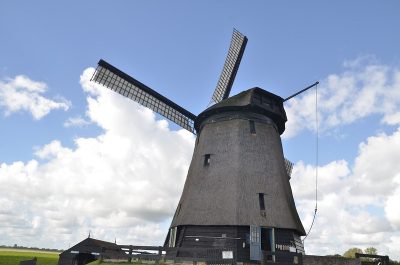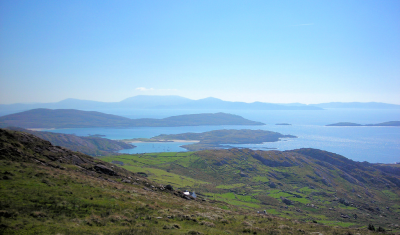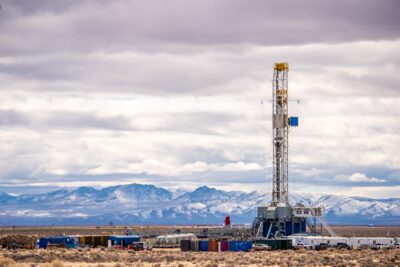Mt. Princeton to work with Icelandic partners for Colorado geothermal project
Mt Princeton Geothermal, Western Geothermal, and Reykjavik Geothermal have announced a partnership to jointly develop a geothermal power project in Colorado.
Mt Princeton Geothermal (MPG) has announced a partnership with Western Geothermal and Reykjavik Geothermal for geothermal exploration and development in Chaffee County, Colorado. The partnership was announced in a community event where representatives from the Icelandic Ministry of Energy and Green by Iceland were also in attendance, aside from the representatives from all three companies.
Hank Held, CEO of Mt. Princeton Geothermal, noted that this is the first foray of the Reykjavik Geothermal into a geothermal investment in the United States. “They have big investments in Africa and especially in Europe and Turkey, but this will be the first investment in the United States, so it was an opportunity for them to come down and see.”
MPG currently holds a lease for 3000 acres of land in the Maxwell Park area near the Lost Creek subdivision, where a 10-MW binary geothermal power plant had been proposed. The previously disclosed project timeline indicated that drilling for the project was targeted to be done by the 2nd to 3rd quarters of 2024, and that two wells will be drilled to depths of 4500 to 6000 feet (1371 to 1828 meters).
MPG also received a $500,000 grant from the Colorado Energy Office as part of a wider grant award initiative which had been announced just recently. The startup company will now be matching the grant amount and use this as seed money for the drilling of the first geothermal well.
The event announcement was an opportunity for the local community to ask questions about the project. The experience of the Icelandic partners proved useful in addressing the concerns of local stakeholders. “They have a lot of experience of this sort in other countries,” Held said. “The questions being asked by the local opponents are the same as those being asked by (people) in every country in which they have developments. It’s not uncommon.”
The next step would be for the new partners to review the drilling plan and apply for a drilling permit. “There are no regulations for our types of well yet,” added Held.
“We’re working with them to draft these regulations, put them in place. … We have our drill plan that we’ve assembled based on our information, our expertise here in the United States. We want our new investors to take a look at it and give us their input on the drill plan, hopefully to improve on what we have together.”
Source: Chaffee County Times
